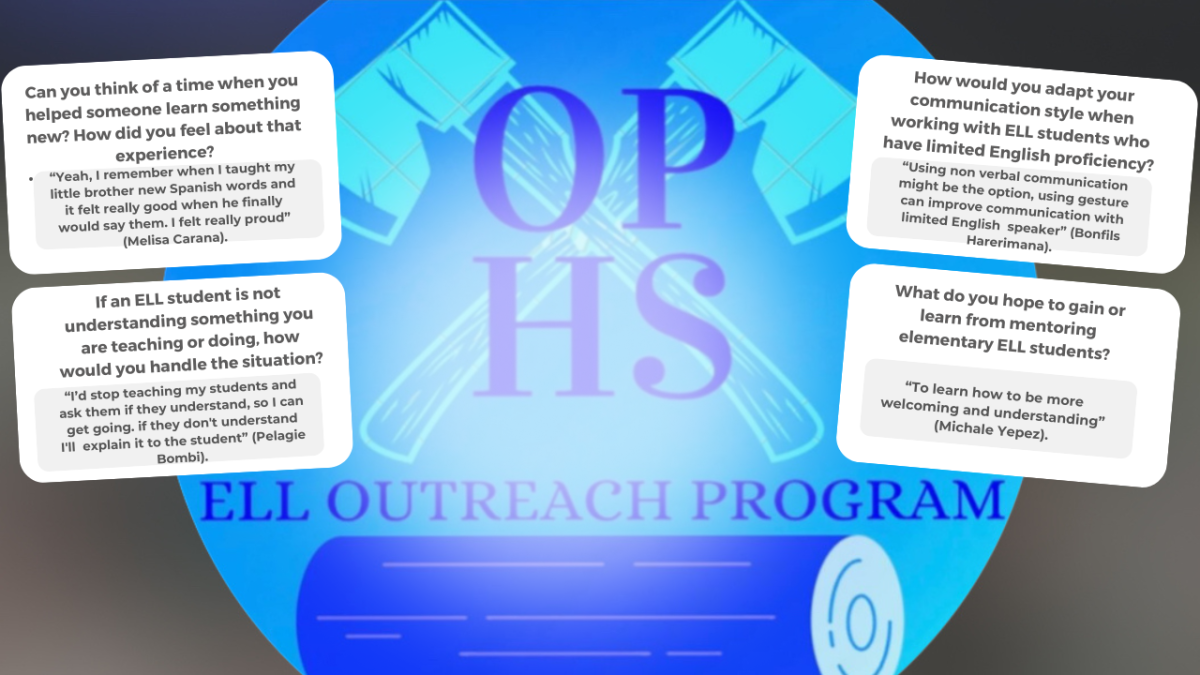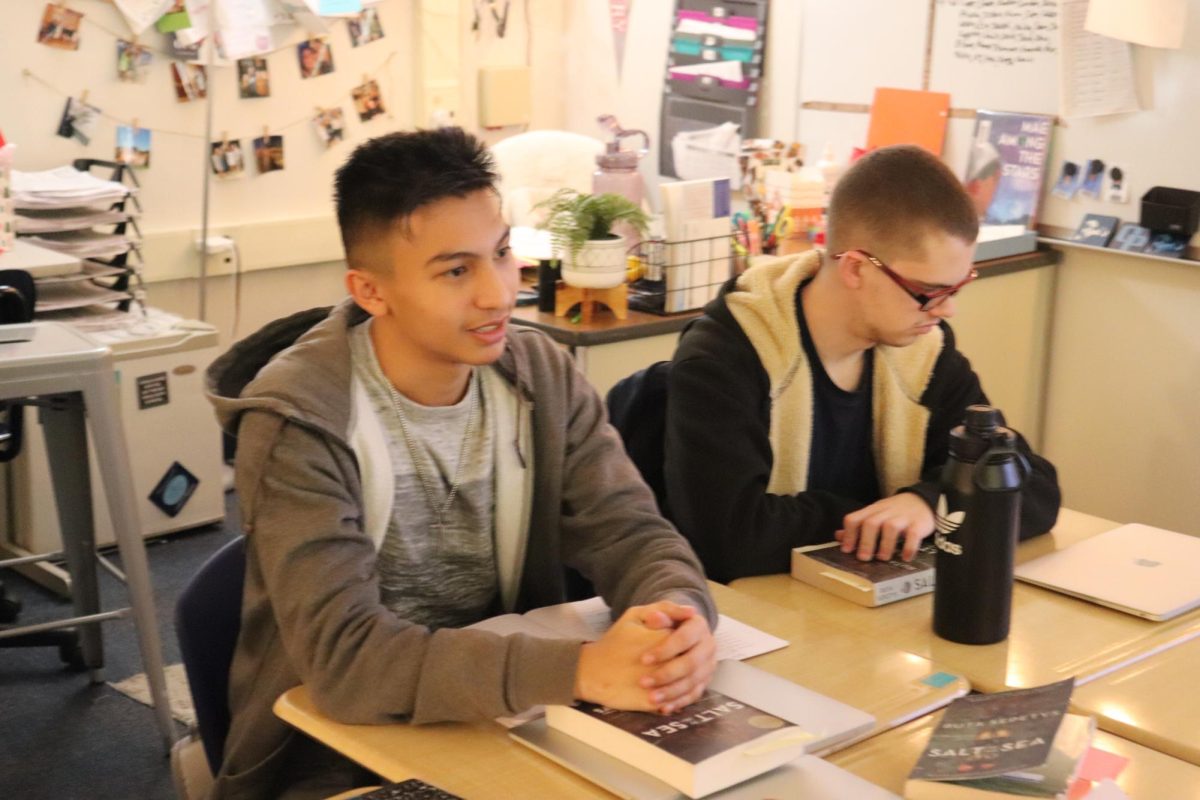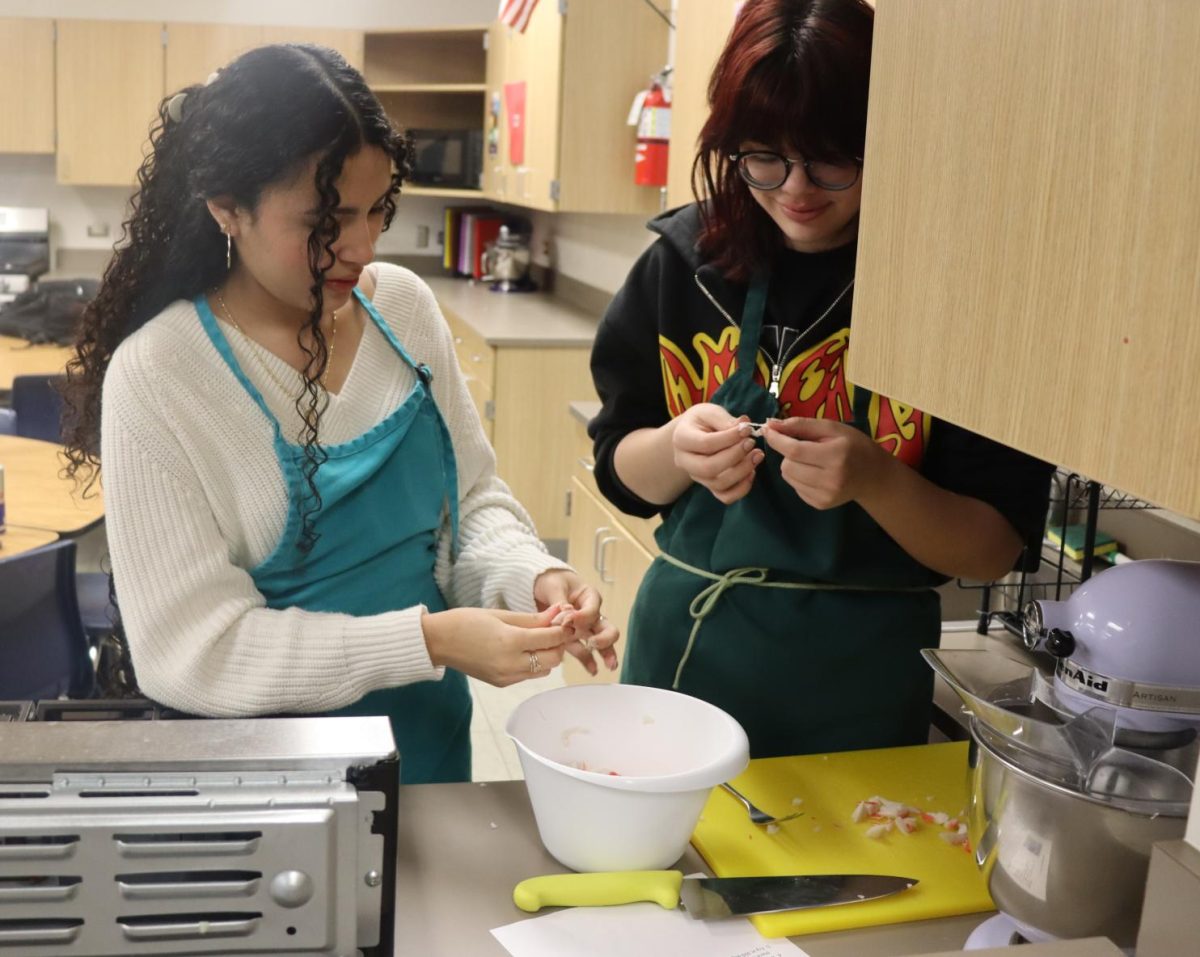By: H.L. Williams
Most students during the summer are taking vacations, spending time at malls, or going to movies with friends. But for some students across the nation, year-round education, YRE, has them in a classroom learning about history, biology and algebra.
“What happens over time is people get into a certain pattern. Parents get into it. Students get into it. Even teachers get into it,” said John L. Rury, professor of education at the University of Kansas in Lawrence.
For many students, there’s really only one typical pattern of the school year: nine months devoted to learning with a few breaks here and there and three months devoted to losing that knowledge.
“Recently my kids, both seven and 12 years old, brought home their first quarter report cards, which had the results of the autumn standardized test,” said David VonDrehle, editor at large for “Time” magazine. “I noticed their scores in reading and math were slightly lower than when they took the spring standardized tests.”
With year-round education, there is no professional study that shows improvement with this schedule. However, some students feel it has helped them directly.
“For me personally, I don’t think it’s that much of a sacrifice,” said Sam Dulaney, a student from Francis Howell School District in St. Charles, Mo. “By the middle of summer, I’m ready to go back [to school].
“Our small thee-week breaks give you a chance to refresh yourself so you’re not burnt-out with school,” Dulaney said.
For a growing number of students, switching from current summer vacation to a YRE schedule would mean a safe summer. With a lot of students facing modern troubles in the 21st-century, school is important for their future, especially with less fortunate students.
“The summer learning absence would only really positively affect those underprivileged kids who rely on school,” Rury said.
With the resistance of change, caused by patterns and many factors, such as summer jobs and budget cuts, some school districts in the Kansas City area said it could be a possibility.
“Ultimately, it boils down to this,” said MiUndrae Prince, assistant superintendent for instructional support and educational accountability for the Kansas City, Mo., school district, “if we want it to work, we can make it work.
*Editor’s Note: The North Kansas City School District has no plans to switch to a year-round school format. This news story was written during the fall national high school competition and updated for this format.




![On Wednesday, Jan. 8, NKC Schools student Ryker Nakahodo begins to shovel his driveway by throwing it atop a pile. He did all this in the hope that shoveling snow would earn some money. He also didn't want to change into winter gear because wanted to get out there and do a quick job. “Because I don't want my Mom to slip and die in the car or Silva [our neighbor]," Nakahodo said.](https://northmennews.com/wp-content/uploads/2025/01/nakahodonikolas_26090_25301658_IMG_3107-1200x900.jpg)

